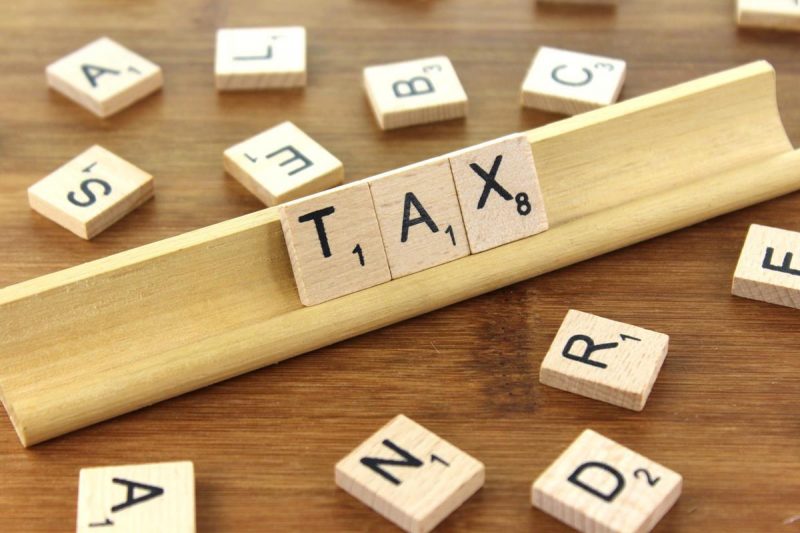Tax planning should be an integral part of your finances as it can save a considerable sum year-on-year basis when done rightly. Taxpayers are always in search of ways to protect their hard-earned money flowing out in the means of taxes.
However, you should note that paying taxes is your step towards contributing to the betterment of the country. Nevertheless, there are provisions under the Income Tax Act, 1961, that allows you to save taxes on specific scenarios and its only wise to avail these provisions for your prosperity.
When it comes to saving taxes, the first thing that you would think of is the Section 80C provisions. However, Section 80C is not the only option you have to save taxes. There are other ways, as well. The following are some of the unconventional ways to save taxes under the Income Tax Act, 1961:
1) Make Donations:
Donations made towards qualified charities and organisations are eligible for a tax deduction in the range of 50% to 100%, depending on the kind of contribution made. Donations towards those charities in the specified list under Section 80G are eligible for 100% deductions. Some of those funds that offer 100% deduction are National Foundation for Communal Harmony, National Defence Fund, and the Prime Minister’s National Relief Fund. Other charities registered and notified for section 80G are eligible for a 50% deduction. Furthermore, Section 80GGC of the Income Tax Act, 1961, allows you to claim a deduction for the donation made to a registered political party or an electoral trust.
2) Claiming HRA:
If you don’t own a house and are living with parents, then you can claim Housing Rent Allowance (HRA). This can be done by paying rent to the parents. You can claim HRA exemption calculated at 40% of basic salary (50% for metros) and based on your rent paid, and HRA received. However, you should provide proper documentary proofs of having paid rent to your parents to make this deduction, and PAN of the owner-parent in case rent payments exceed Rs 1 lakh a year.
3) Pay Tax as a Hindu Undivided Family (HUF):
Indians are allowed to represent themselves as a Hindu Undivided Family (HUF). If you get income from the joint family property, then paying income tax as a HUF can save you a considerable sum in taxes. This is beneficial, especially when you have a high income. For HUFs, deductions such as Section 80C and other tax deductions similar to an individual taxpayer. For example: Consider you, your spouse, and two children establish a HUF. Now, the HUF and all four individual members of the HUF are eligible to claim deductions as per the provisions of the Section 80C.
Also Read: How to save tax on up to Rs 17,000 on savings account interest
4) Investing via Parents:
If your parents are senior citizens (above the age of 60 years), then they are entitled to get additional tax benefits. Gifting money to parents is tax-free, and they can invest this money in schemes such as Senior Citizens’ Savings Scheme (SCSS) and bank FDs to earn good returns. By doing this, you get tax deductions and earn much higher returns from schemes that are exclusively for senior citizens.
5) Paying the Premium for Parents’ Medical Insurance
Section 80D of the Income Tax Act, 1961, allows you to deduct up to Rs 25,000 paid towards premium of a health insurance policy every year. If your parents are senior citizens, then by paying for their insurance premiums, you can get tax deductions of up to Rs 50,000 a year.
6) Reinvesting
If you don’t have any money to make a tax-saving investment in the current year, then you can still save taxes by redeeming your previous investments and reinvesting the proceeds received from the same in a new tax-saving investment option. For example, you can redeem investments in tax saver mutual funds after three years and reinvest the money.
Investing in Section 80C investment options is not the only way to save taxes. There are other ways as well, but they are no so popular among taxpayers.
For any clarifications/feedback on the topic, please contact the writer at vineeth.nc@cleartax.in
Engineer by qualification, financial writer by choice. I am always open to learning new things.





